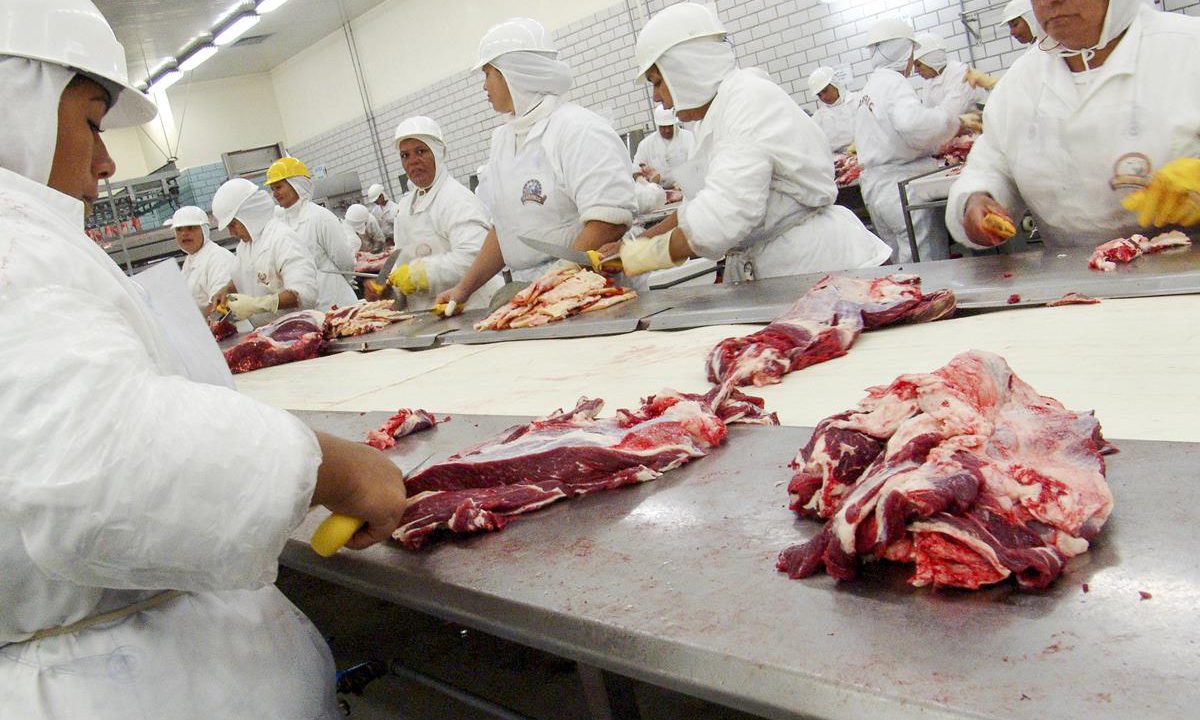A bill that would see meat plant workers have legal entitlement to sick pay was defeated by the government last night (Wednesday, September 30) and “kicked into six month review”, as said by Labour Party TD Duncan Smith.
The deputy added: “If they think we’re going to stop campaigning for this, they are sorely mistaken.”
Despite the knock to the progress of the bill last night, which saw 82 vote in favour of delaying it by six months compared to 61, Alan Kelly, leader of the Labour Party says there is “huge public support for sick pay” which shows the “need for government action now”.
“The Covid-19 outbreaks in meat processing plants put a spotlight on the working conditions in many sectors, especially among low-paid and non-unionised workers,” deputy Kelly said.
“The current rules on sick pay and illness benefit act as a disincentive for workers to comply with public health guidelines as they may be left with reduced or no income. This bill would create a level playing field.
That is why the Labour Party is proposing a right to paid sick leave of up to six weeks at the same rate as annual leave.
“This is the recovery time for a moderate to severe case of Covid-19, according to the World Health Organization [WHO]. Six weeks is a fraction of the sick leave arrangements which trade unions have delivered for workers across the public sector.”
According to a poll by Ireland Thinks, which was published yesterday, 87% of the public believe all workers should have a legal right to sick pay, which deputy Kelly feels is the public saying “the government is wrong to delay action for at least six months and should act on the public health advice it has received”.
Deputy Kelly says that the Covid-19 pandemic will be with us for the next six to nine months, and Irish workers “will still have no legal right to paid sick leave”.
“This bill is about timing, because workers need this protection now and the public clearly understand that urgent need,” he said.
Ireland is one of only five EU countries without a right to sick leave. Many workers have some protection in their contracts, but for many in low-paid and precarious work, we have seen that there isn’t any cover.
“Meat plant workers, childcare workers, those in the tourism and hospitality sector, agency workers in the health service are all examples that need this legal right.”
A concern that was raised by TDs when the bill was discussed previously in the Dáil was the cost that this would entail for small businesses. Deputy Kelly says that he acknowledges that cost and that businesses will need financial support in tandem with the bill.
He added that the government must address this in Budget 2021.
“The six-month delay is complete and utter rubbish,” he said.
“When there is an outbreak in a place of low-paid employment and a county goes into lockdown as a result, we are warning those government TDs and ministers now that they had an opportunity to address this, and will be reminding people in [these] places [that there is] a lockdown because a low-pay employer did not pay sick pay.”

